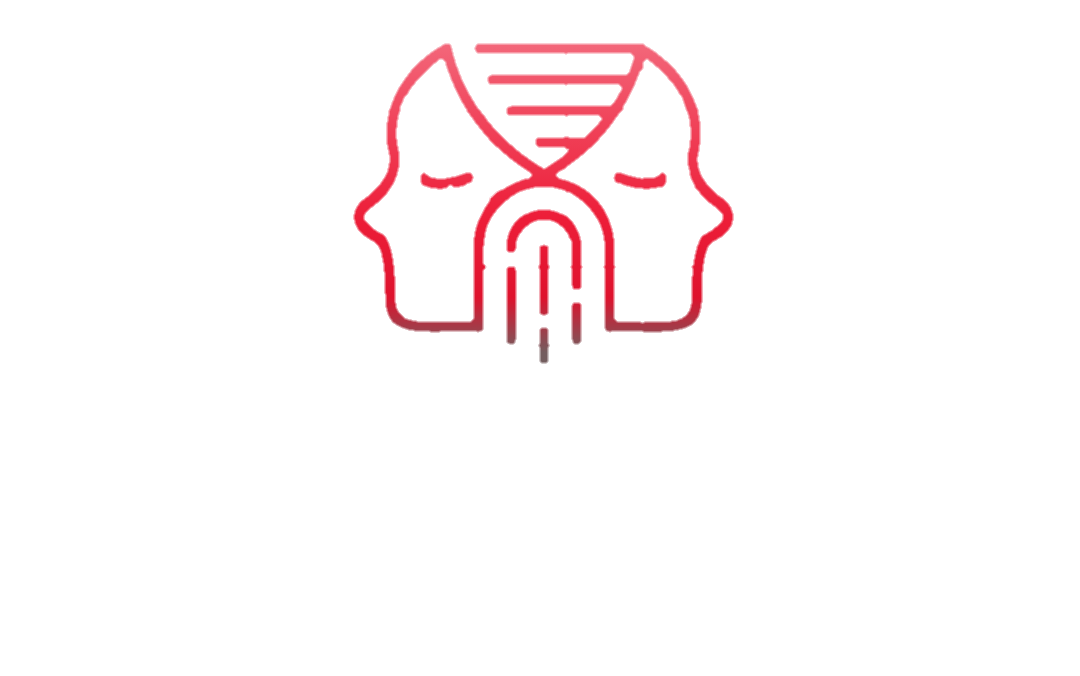The Unseen Revolution: How DNA Testing Will Transform Lives in 2025
- Danielle Miller
- Jul 19
- 3 min read
Home In recent years, DNA testing has grown from a specialized service to a common tool that many people now use. As we approach 2025, the impact of this technology is set to rise significantly, shaping everything from healthcare to personal identity. With remarkable advancements in technology and a surge of public interest in genetic health and ancestry, DNA testing is ready to redefine how we see ourselves and our family histories.
The Growing Landscape of DNA Testing
Over the past decade, the global DNA testing market has seen tremendous growth. New sequencing technologies have slashed the costs of DNA analysis, making it accessible to many more people. Experts predict that by 2025, the number of individuals using DNA testing could double, with studies estimating that about 60% of adults will consider DNA testing as part of their health regimen or family research.
This rise is fueled not just by curiosity about heritage but also by a greater understanding of how genetics influence health. For example, a person with a family history of heart disease may discover through DNA testing that they have a 20% higher chance of developing it. This knowledge empowers individuals to make proactive health decisions, such as adopting healthier lifestyles or seeking regular screenings.
Impact on Health and Wellness
One of the most thrilling benefits of DNA testing is its potential to reshape healthcare. By 2025, we can expect a stronger integration of genetic testing into personalized medicine. Doctors will increasingly rely on DNA tests to create tailored treatment plans based on individual genetic profiles.
For instance, patients who carry mutations that increase cancer risk can engage in routine screenings or prophylactic measures, leading to earlier detection and potentially saving lives. This focus on prevention not only improves patient outcomes but can also lower healthcare costs significantly — estimates suggest that preventative care could reduce overall healthcare spending by up to 30% in certain demographics.
The Ancestry Boom
DNA testing has unlocked a whole new level of genealogy, enabling people to trace their ancestry in incredible detail. By 2025, companies may introduce advanced tools that offer insights about migration patterns, ethnic connections, and even ancient family roots.
Many people are excited to discover their backgrounds and potentially reconnect with long-lost relatives. For example, a woman may learn she has relatives living in another country, leading to a reunion that offers both emotional support and a broader sense of community. Stories like these can enrich personal histories, giving many an enhanced sense of belonging.

Ethical Considerations and Challenges
As DNA testing becomes more mainstream, ethical concerns inevitably arise. Issues like data privacy and genetic discrimination are significant. By 2025, there may be new regulations focusing on ensuring that people's genetic information remains secure.
Additionally, understanding genetic data is not always straightforward. While having access to genetic information can be empowering, it may create anxiety for some individuals. For example, someone might receive a genetic marker for a potential condition but not fully grasp what that means for their health. To navigate this complex landscape, education about DNA testing and its implications will be essential.
Cultural Impact and Identity
Our society is evolving, and so are conversations around identity. DNA testing can challenge existing ideas about race, ethnicity, and community. As more people discover unexpected elements of their lineage, we might see a shift in cultural identities that opens up discussions about race and genetics.
By 2025, we can expect richer conversations about identity fostered by genetic discoveries. This increased awareness could lead to greater acceptance of diverse backgrounds, ultimately enriching community ties and understanding among different groups.
Genetic Literacy and Future Generations
As we look ahead, genetic literacy is set to become increasingly important. By 2025, schools may start to incorporate lessons about DNA, inheritance, and the ethical issues tied to genetic information into their curriculums.
Equipped with this knowledge, future generations will be better prepared to make informed decisions about their health and family connections. For instance, children who understand the basics of genetics are more likely to take proactive steps in their healthcare, such as advocating for necessary screenings or understanding their family health history.
Embracing Tomorrow's Opportunities
The rise of DNA testing in 2025 signals a dramatic change in various aspects of our lives. With significant implications for healthcare, personal exploration, ethical discussions, and societal values, we stand at the threshold of a new era.
As we welcome this unseen revolution, society must adapt to responsibly manage the challenges that come with it while also celebrating the countless opportunities it offers. The path of discovery is unfolding, and one thing is clear: DNA testing will shed light on the intricate fabric of human life for generations to come.




Comments